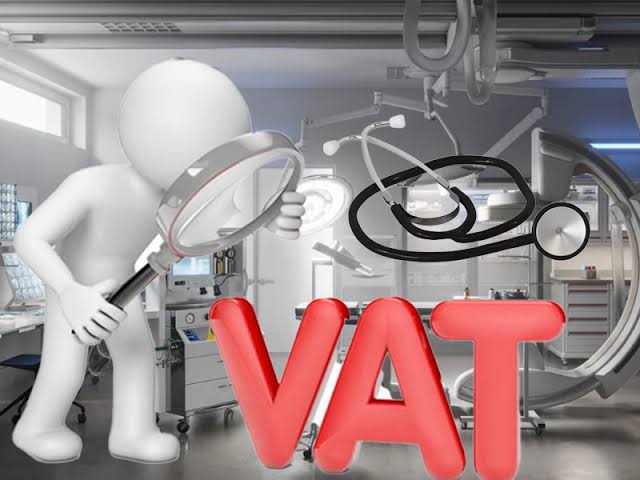The Nigerian government said it has finalised the processes to implement an executive order eliminating Value Added Tax (VAT) and excise duties on pharmaceutical products and medical devices.
This was announced Wednesday in a statement posted on X and signed by the Head of Information and Public Relations at the Federal Ministry of Health and Social Welfare, Alaba Balogun.
This development comes four months after President Bola Tinubu signed the executive order aiming to boost local production of healthcare products and reduce costs.
The Coordinating Minister of Health and Social Welfare, Muhammad Pate, who made the announcement on his X handle explained that the new order has introduced zero tariffs, excise duties and VAT on specified machinery, equipment and raw materials.
According to the minister, the order is pivotal to the success of the initiative for unlocking the healthcare value chain which was approved in October 2023 by the President.
The targeted healthcare products include pharmaceuticals, diagnostics, devices such as needles and syringes, biologicals, and medical textiles, among others.
Challenges to address
Nigeria’s pharmaceutical industry has been facing significant challenges, particularly with the rising costs of medications nationwide.
Nigerians need credible journalism. Help us report it.
Support journalism driven by facts, created by Nigerians for Nigerians. Our thorough, researched reporting relies on the support of readers like you.
This issue has been attributed to the country’s over-reliance on importation, which was exacerbated by the exit of multinational pharmaceutical companies like GlaxoSmithKline (GSK) and Sanofi.
The country’s over-reliance on imported pharmaceuticals has hindered local manufacturing and increased costs.
However, with this new order, the government seeks to address these issues, promoting local production and job creation.
“The implication of this order is pivot towards market-based incentives to encourage medical industrialisation, reducing costs of medical products through import substitution over time, creating and retaining economic value and enabling job creation in the healthcare value chain,” Mr Pate said.
He added that the order also provides for establishing market-shaping mechanisms such as framework contracts and volume guarantees, to encourage local manufacturers.
Next step, implementation
Now that the order has been finalised for implementation, it is anticipated that there should be a reduction in the prices of essential pharmaceutical products and medical consumables.
“This development aligns with the Ministry’s unwavering commitment to reducing both the physical and financial pain faced by millions of Nigerians who depend on these critical health supplies,” the statement noted.
According to the statement, the finalisation of the executive order harmonised implementation framework has now been cleared for gazetting.
It added that the ministry will distribute gazetted copies of the framework to relevant agencies, including the Federal Inland Revenue Service (FIRS) and Nigeria Customs Service, for immediate implementation.
“By creating an environment that supports local manufacturers, we are fostering a healthier, more self-reliant nation, and ensuring that quality healthcare becomes more accessible and affordable for all,” the statement further noted.
Premium Times






Leave a Reply